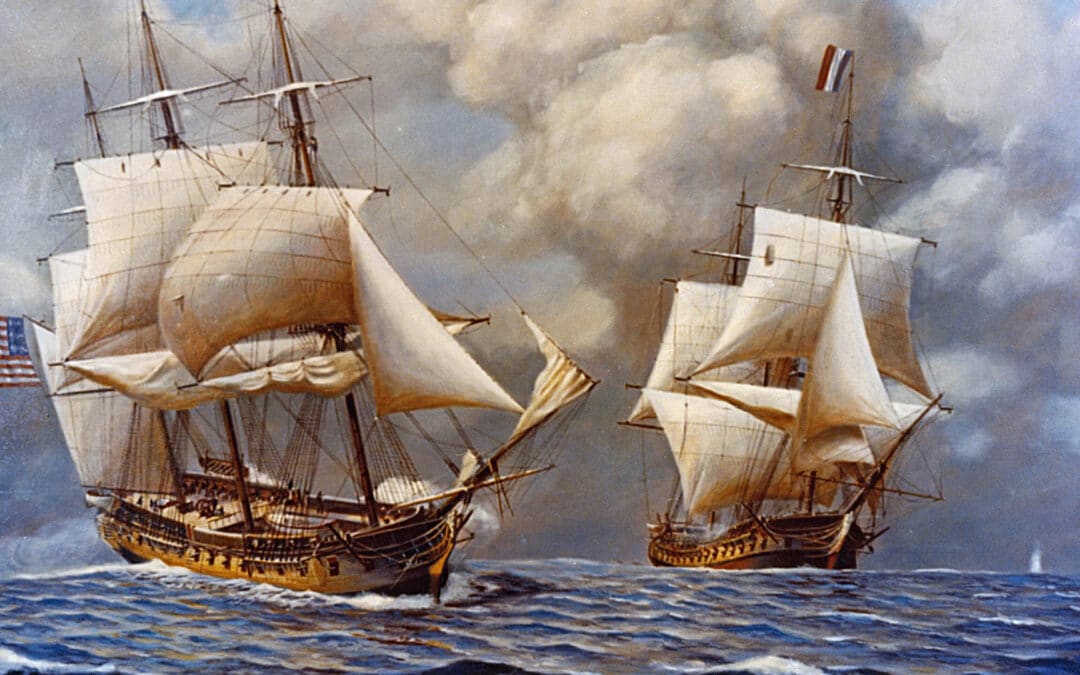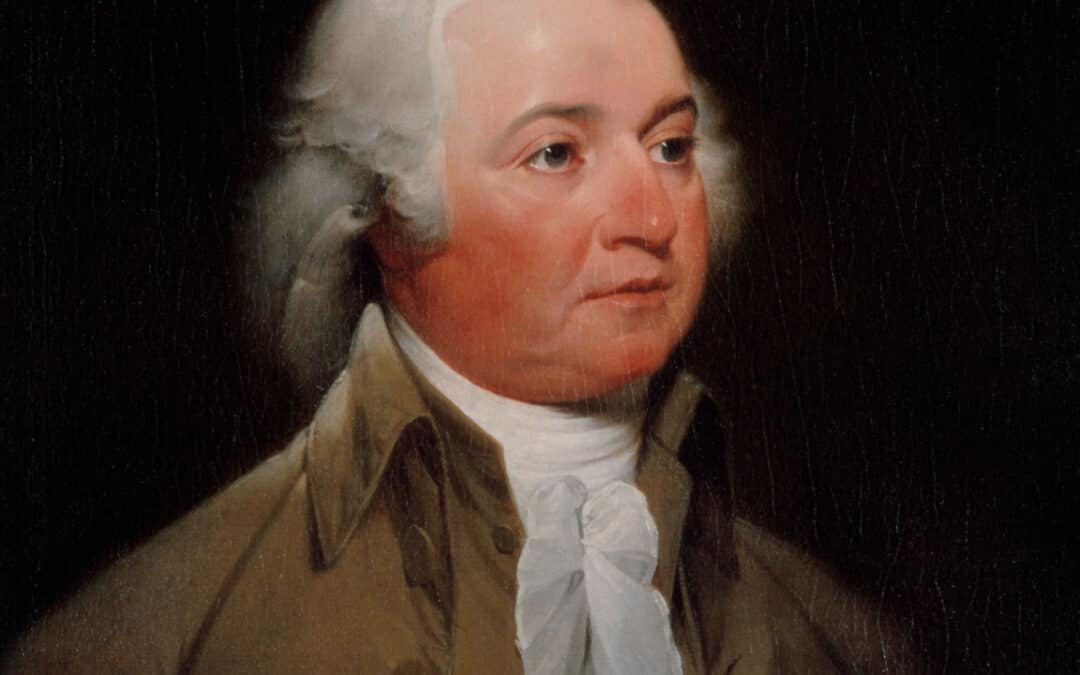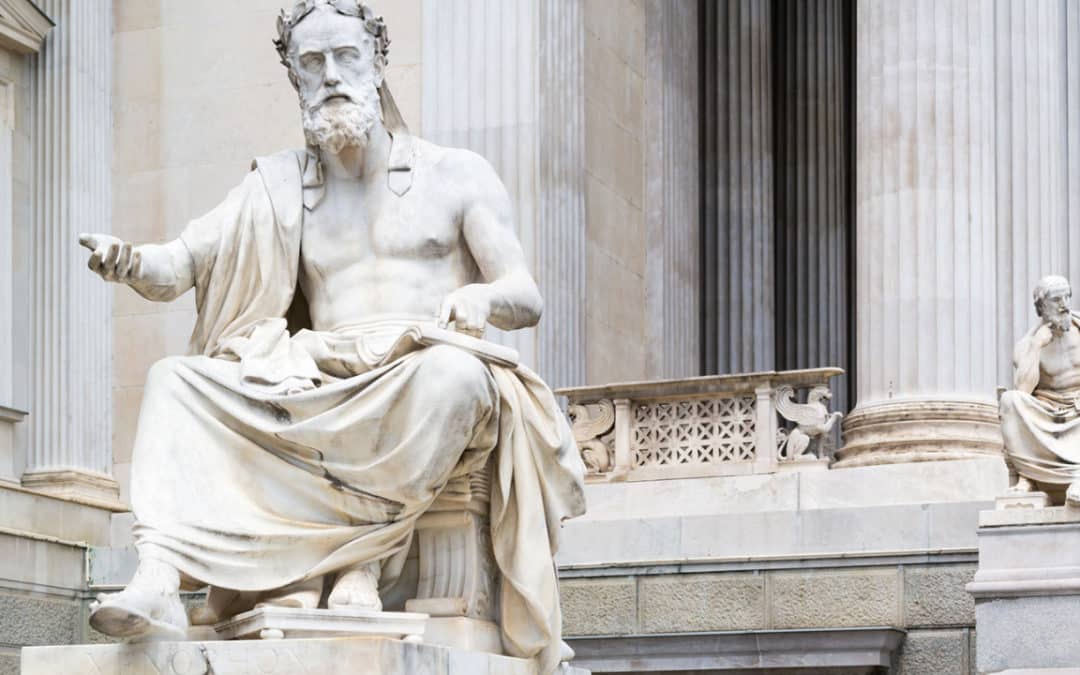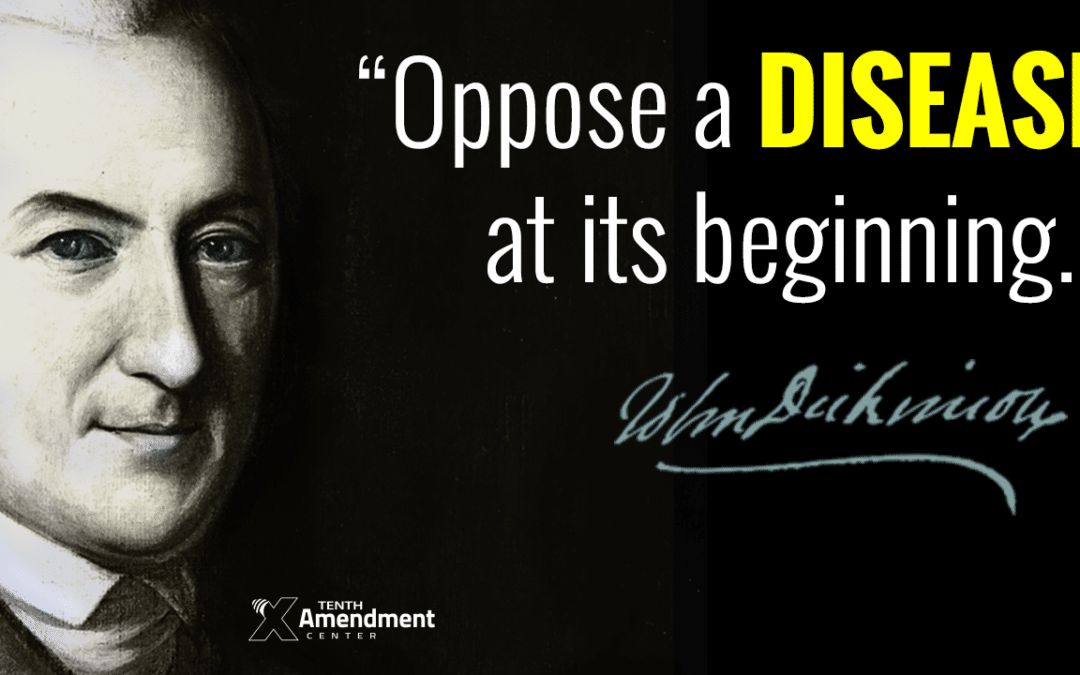
John Adams


John Adams: Patriot and Tyrant?
Many revere John Adams as a great patriot. Others view him as a big-government tyrant. The truth probably lies somewhere in between. Adams was a prominent leader during the American Revolution and was one of the most outspoken supporters of independence. His writing...
The Founders and the Constitution: John Adams
Unlike the other Founders profiled in this series, John Adams of Massachusetts didn’t attend the 1787 Constitutional Convention. He was America’s ambassador to England when the convention met, and he didn’t return home until the ratification process was well underway....
The ideas that formed the Constitution, the pioneers: Socrates, Xenophon, Plato
This is the fourth in a series of essays on the ideas behind the Constitution. You can find the first two essays here, here, and here As explained in the second installment, 18th-century schoolboys were not expected to be as proficient in Greek as in Latin. However,...
Oppose a Disease at its Beginning
If you give politicians an inch, they’ll take a mile. The Founders and Old Revolutionaries warned us about this over and over. Take John Dickinson, for example. Known as “the Penman of the Revolution,” he was one of the leading writers in the early...
